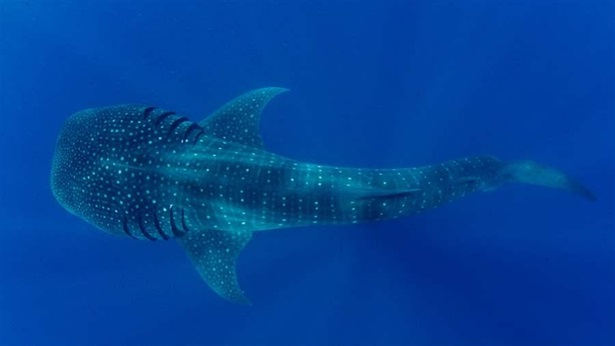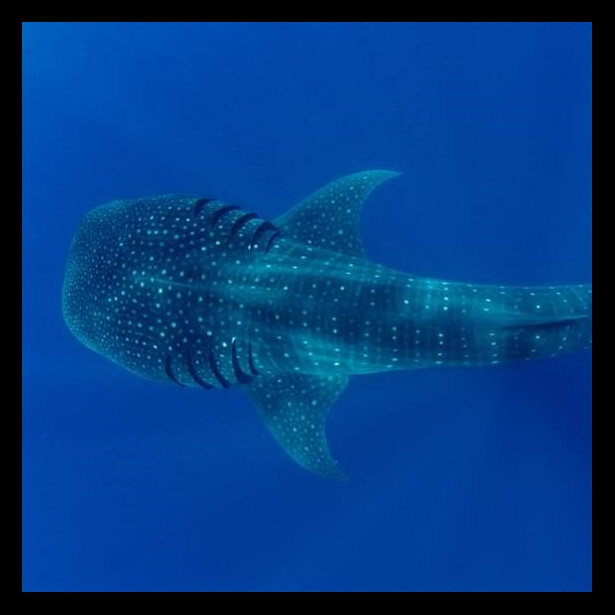Global Support Builds for New Shark Protections
U.N. body to consider 6 proposals for species nearing the brink
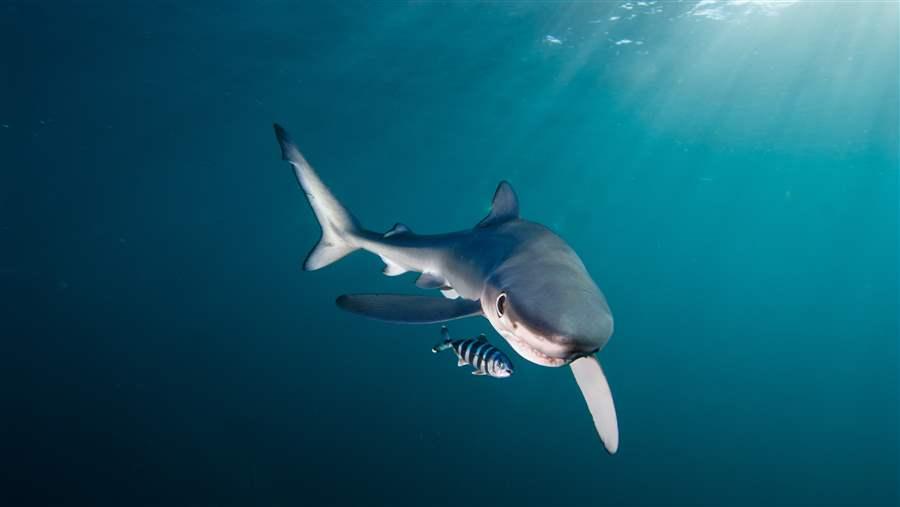
Blue shark numbers are declining, in part because their migratory nature makes them especially vulnerable to nets and hooks.
© iStockphoto.com
Thanks to the work of shark and ray conservation advocates in a number of key governments, hope is growing that dozens of countries will agree to new safeguards for numerous species of these fish. Those protections will be on the table when the 124 governments that are parties to the Convention on the Conservation of Migratory Species of Wild Animals (CMS) meet Oct. 23-28 in the Philippine capital of Manila.
The Philippines, Israel, and Sri Lanka have proposed prohibiting any take of whale sharks, wherever they migrate, a restriction known as a CMS Appendix I listing. Monaco has proposed that angel sharks receive a similar level of protection. The following species have been proposed for listing on CMS Appendix II, which would encourage international action to properly manage and protect these species throughout their migratory range: the common guitarfish (proposed by Senegal, Mauritania, Togo, and Israel), white-spotted wedgefish (the Philippines), dusky sharks (Honduras), and blue sharks (Samoa and Sri Lanka). CMS delegates will debate these proposals, along with other issues, at the 12th session of the CMS Conference of the Parties (CoP12).
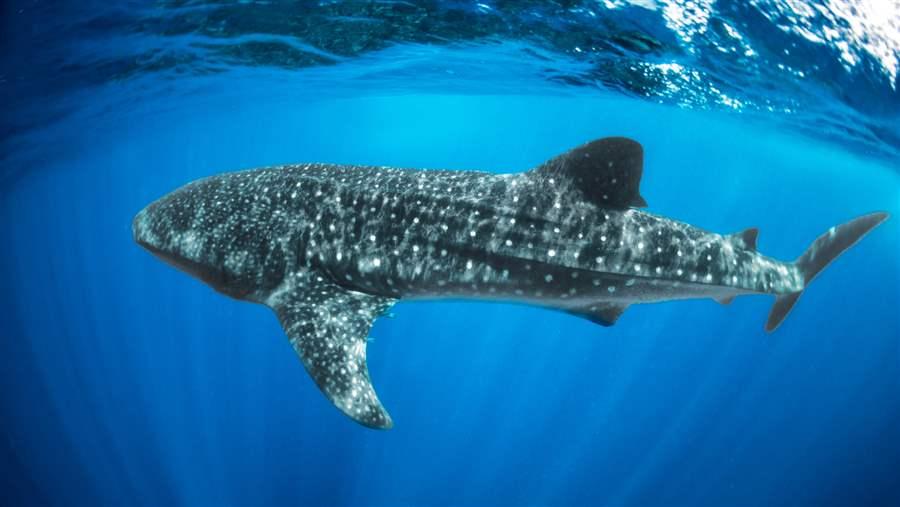
The Philippines, Israel, and Sri Lanka have proposed prohibiting any take of whale sharks throughout their range.
© iStockphoto
Since July, the CMS secretariat has convened four regional preparatory workshops to help delegates develop common positions and build capacity for CoP12. Those meetings covered Latin America and the Caribbean (July 18-20 in La Paz, Bolivia), Africa (Aug. 9-11 in Addis Ababa, Ethiopia), Asia (Aug. 15-17 in Bonn, Germany), and Oceania (Aug. 28-30 in Brisbane, Australia).
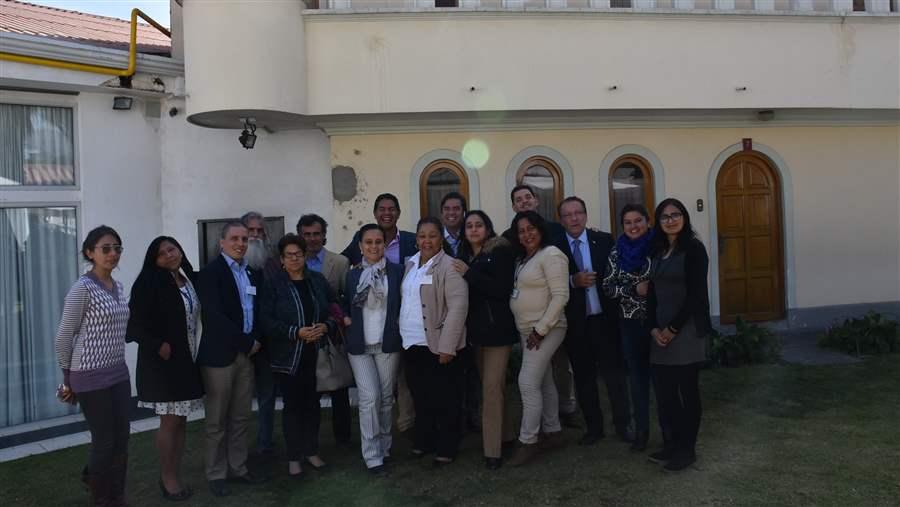
Delegates and other participants from Latin America and the Caribbean met in La Paz, Bolivia, from July 18-20 in preparation for the Convention on the Conservation of Migratory Species of Wild Animals next month.
© ;Carlos Polo
The status of numerous species of sharks was central to discussions at those workshops. Whale, angel, dusky, and blue sharks, along with common guitarfish and white-spotted wedgefish, are experiencing population declines due in part to their migratory nature—making them especially vulnerable to fishing nets and hooks—and a CMS listing would encourage governments to work together to begin proper management of these species.
By advocating decisively for species-specific protections, the proponent countries—including Senegal on common guitarfish, and Samoa and Sri Lanka on blue sharks—inspired numerous other governments to voice support for the proposals and encourage others in their region to adopt them at CoP12.
The CMS Scientific Council further buoyed support for these listings with a broad recommendation that each of them be included in the proposed appendices.
By adopting the six proposals, the CMS delegates can continue to build momentum for stronger management of some of the world’s most vulnerable sharks.
Luke Warwick directs The Pew Charitable Trusts’ global shark conservation program.


